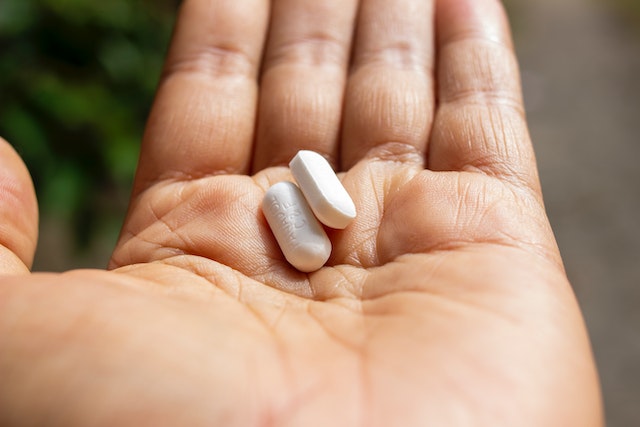A Comprehensive Guide to PCOS-friendly Medications and Treatment
PCOS (Polycystic Ovarian Syndrome), a disorder caused by an imbalance in the synthesis of male hormones, or androgens, is a common concern among women. This condition usually impacts the reproductive system, resulting in problems such as irregular menstrual cycles, infertility, metabolic syndrome, sleep apnea, lack of sexual desire, excessive body and facial hair development, endometrial cancer and many more. A large number of women experience undiagnosed PCOS due to a lack of awareness of typical symptoms such as heavy bleeding, hair growth, acne, weight gain and more.
Fortunately, PCOS is a condition that can be managed with the use of PCOS tablet kits, along with healthy lifestyle changes and care that focus on your specific symptoms. Here’s a comprehensive guide on how can PCOD tablet help you to manage those symptoms :
To sum it up, proper medication helps to manage and treat PCOS-related symptoms coupled with lifestyle changes, such as following a balanced diet, exercising regularly and avoiding substance use, especially smoking and intake of alcohol. In case medication does not work for you, you can opt for IVF treatment or surgery, as per your doctor’s recommendation. Head over to Kindly Health for an organic and clinically proven PCOS kit for a healthy life!

